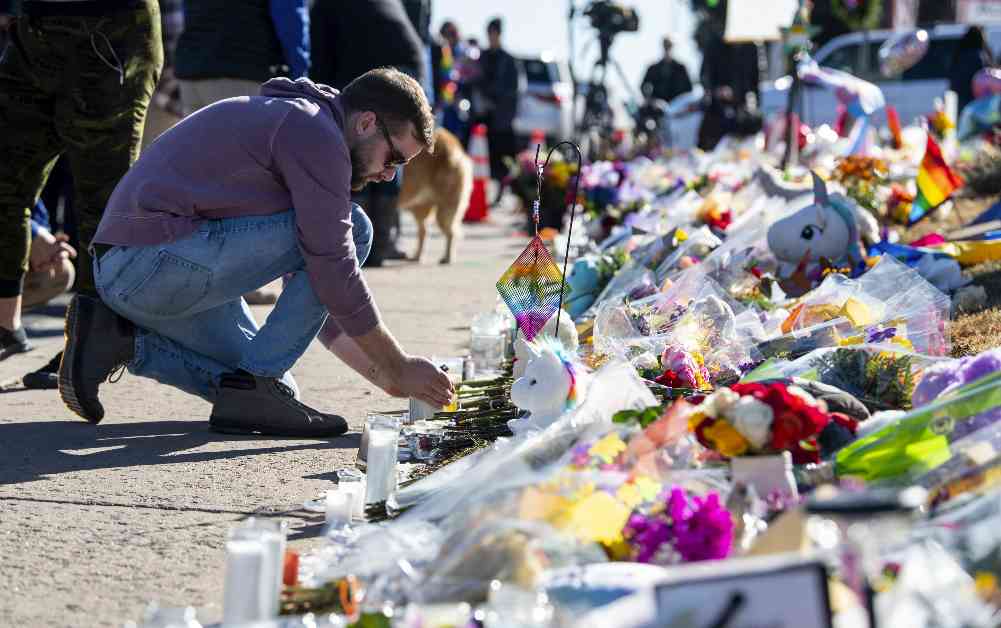Victims and survivors of the tragic Club Q mass shooting in November 2022 have taken legal action by filing two lawsuits against El Paso County commissioners, the former sheriff, and Club Q management. These lawsuits claim that the devastating loss of lives could have been prevented if the sheriff’s office had utilized Colorado’s red flag law and if there were enhanced safety measures in place at Club Q.
The legal complaints argue that a combination of public policy failures and private negligence led to the shooting, with one lawsuit specifically highlighting the failure of Club Q management to uphold a safe environment. Additionally, law enforcement’s alleged refusal to implement the red flag law allowed the shooter to remain armed and dangerous, ultimately resulting in the tragic incident.
The shooter, Anderson Lee Aldrich, who was convicted of federal hate crime charges and sentenced to life in prison, had exhibited concerning behavior prior to the shooting. Reports indicate that law enforcement was aware of the shooter’s dangerous intentions following a 2021 arrest for threatening behavior and stockpiling weapons. Despite this knowledge, the red flag law was not enforced, leading to devastating consequences.
Furthermore, the lawsuits claim that the El Paso County Sheriff’s Office had not pursued any risk protection orders under the red flag law at the time of the shooting. This failure to take preventive action is cited as a critical factor contributing to the tragedy that unfolded at Club Q.
In addition to the allegations against law enforcement, the lawsuits also point to inadequate security measures at Club Q. The owners are accused of prioritizing profit over safety, resulting in reduced security personnel and inadequate staff training. The physical layout of the club is also criticized, with the complaints describing it as inherently unsafe and structured like a “death trap.”
Despite the legal action taken by the victims and survivors, El Paso County and Club Q management have refrained from commenting on the pending litigation. Former Sheriff Bill Elder has also chosen not to provide a statement regarding the lawsuits. However, Club Q owner Matthew Haynes has vehemently denied the accusations against him and the club, vowing to vigorously defend against the claims.
As the legal process unfolds, the community continues to grapple with the lasting impact of the Club Q tragedy. The pain and trauma caused by the shooting are deeply felt by all those affected, emphasizing the need for accountability and justice in the aftermath of such senseless violence.
In a special report from November 2023, Denver7 revisited the events of the Club Q shooting, reflecting on the changes that have occurred since the incident and the ongoing impact on LGBTQ+ Coloradans. As the legal proceedings progress, the community remains united in seeking healing and closure in the wake of this heartbreaking chapter.





















